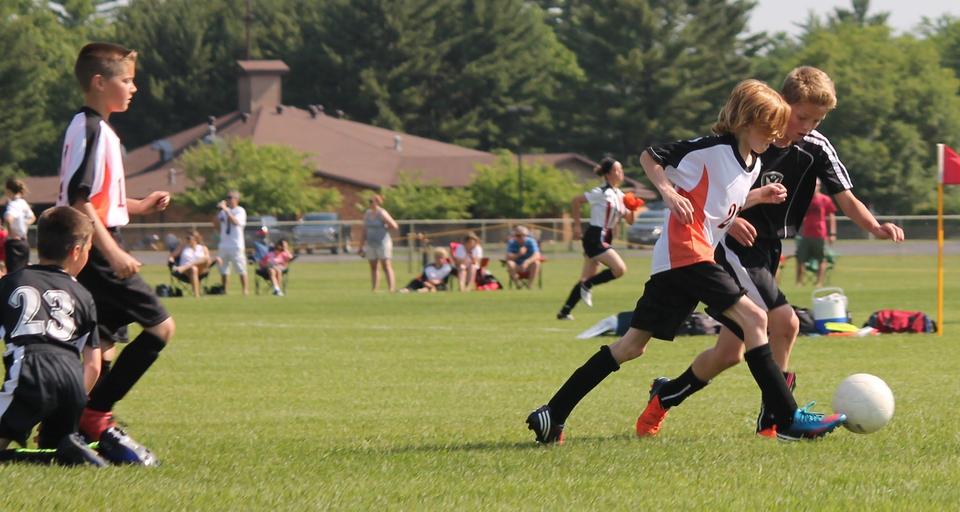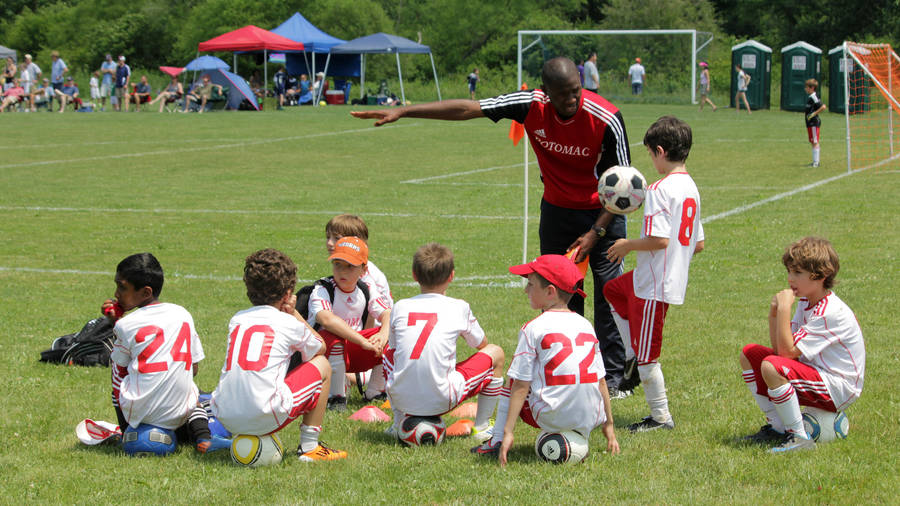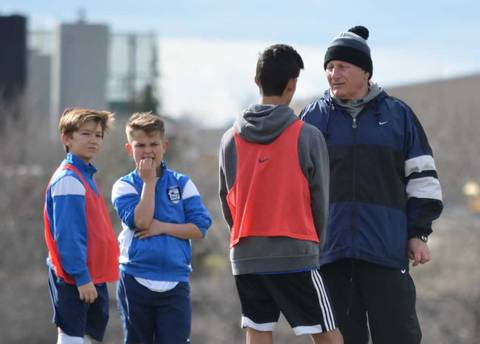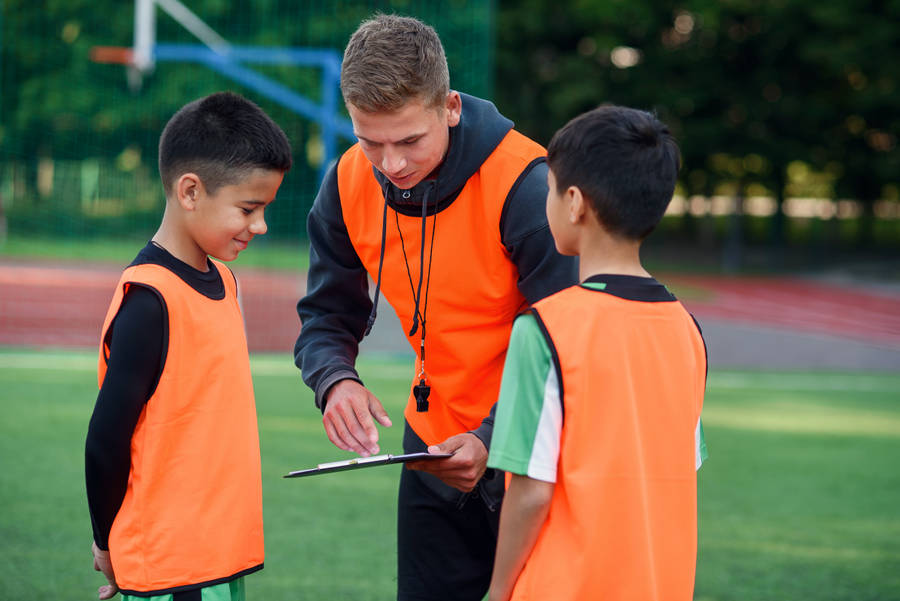
As if parenting isn’t enough of a daily trial, guiding your child through the ups and downs involved in junior football is another major challenge to layer on top!
Enjoying the good times and navigating through the various bad and disappointing times can be tough and you don’t need to be involved in grassroots football for very long, before you come across a parent who is seriously lacking in perspective.
So, what is the secret to successfully parenting children involved in football and what does good, parenting look like?
What should you be saying to your children after they’ve played their game? Should your approach alter if things have gone well, or gone badly?
Well there have been various studies into the response of parents and psychologists have recently been researching what makes good, supportive parents. The research looked in detail into what children needed from their parents and how parents can optimise the impact on their child’s wellbeing. Needless to say, the results and suggestions were interesting.
Firstly they suggested that “developing individual goals with your children within Junior Football was a positive and healthy thing to do. Consistent communication provides a basis for children to convey what they want to achieve and what you hope they will achieve.”
The more harmonised these aims are the better and whilst setting goals is always difficult, Junior Footballers can create goals that not only motivate them to achieve, but can also benefit their team as a whole. For instance, it may be that you want to start in a small way to help encourage the development of their game. Can they complete a pass? Can they complete three successful passes? Can they do it with their wrong foot? Can they successfully head the ball once?
“Creating a supportive environment in which your child feels that you understand them and their sporting involvement is also important.” You can play a key role in reducing the fear of failure that your child feels which is crucial, particularly as embarrassment is widely found to be the number one worry amongst Junior Football players.
“It’s important to talk to your child about what they like to do at training and in competitive matches.” It can be so easy to forget that this is about the child and not the parent! When it comes to Junior Football, so many parents (Dads mainly!) are living out their own hopes and experiences and fall into the trap of talking and not listening.
Once you listen to what makes your child tick both in training and in matches, you’ll be able to guide them so much better when they need you.

“You should be there to support and guide your child, but cut down on talking about results and expectations.” Research has shown that having high expectations can help improve performance, but only if they are realistic and accompanied by high levels of support.
How you respond to a setback yourself has been found to have a significant impact upon what your child’s mind-set will be.
“It’s also important to develop a positive relationship with the coach of your child’s Junior Football team. The more that you can work with them and not against, the better the development of your child as a player.”
Football can be an odd game. We all know people who are completely convinced that they know better than the people with all the qualifications, achievements and experience. They snipe from the sidelines and undermine the respect for the coach which is neither healthy or beneficial.
Coaching can be tough and any self-respecting coach only has the best interests of your child at heart. “The more supportive and positive the relationship is between parents and coaches, the more everyone benefits.”
“Socialising with other parents helps to create a wider network of support for you and your child and can be highly beneficial.” Being a parent to children who are heavily involved in football can be awkward and sometimes logistically challenging. By actively creating a wider support network for both you and your child, it makes the experience more enjoyable for everyone.
“It’s important that you take time to recognise what you find challenging about your child’s involvement in Junior Football and successfully manage your own emotions.” Extensive research has found that a parent’s ability to manage their own emotions has a positive impact upon their child’s personal enjoyment and quality of experience. This “emotional control allows parents to provide better support and feedback to their children. This ties in with an ability to model healthy attitudes towards the game and the physical demands of it.”
How a parent views the importance of education has been found to be a strong predictor of their child’s grades. Likewise, within sport, parents are often the lens through which their young children view their participation. You need to be mindful of how you conduct yourself within the sporting environment because your child will pick up on it.
You may be a frustrated Premier League Manager yourself and are the only one that can see a change of formation is needed or that your child is being played in the wrong position but research shows it is much better to get involved in a supporting manner, rather than giving technical or tactical advice to your child. Also, they “tend to appreciate when you provide general advice (i.e. on effort and attitude) rather than on performance.”
Remember, no matter how good you think you are the chances are you’re not an Elite Licensed or A-Licensed coach. Whether or not you agree with the ‘tactics’ employed by the manager, your role is to support your child.
There is so much pressure placed upon young people in the modern era. So many of their highs and lows are played out on social media by over-zealous parents and mental health amongst children is a national concern.
Junior Football should be, and is for the majority, an overwhelmingly positive experience. The last thing they need is to find it a pressure cooker where they feel suffocated and the emphasis from the outset is on them becoming a professional footballer (Newsflash: less than 0.1% of players who start out in Junior Football are going to become professional. You need to accept that the chances of your child ‘making it’ are very small).
By subconsciously having this as the ultimate goal it leads to excessive pressure being experienced by your child and will have a negative effect on their enjoyment and development.
Football can start to take over the lives of highly pressured Junior Footballers and it starts to become something that they dread rather than enjoy. Having a singular focus only on football isn’t healthy or even productive either.
Research has consistently shown that children need to experiment with different sports and that this directly increases their chances of “elite” participation further down the line. Above all, just let them just be children and have the pleasure of falling in love with the game for the right reasons and not because they’ve been forced to.

















